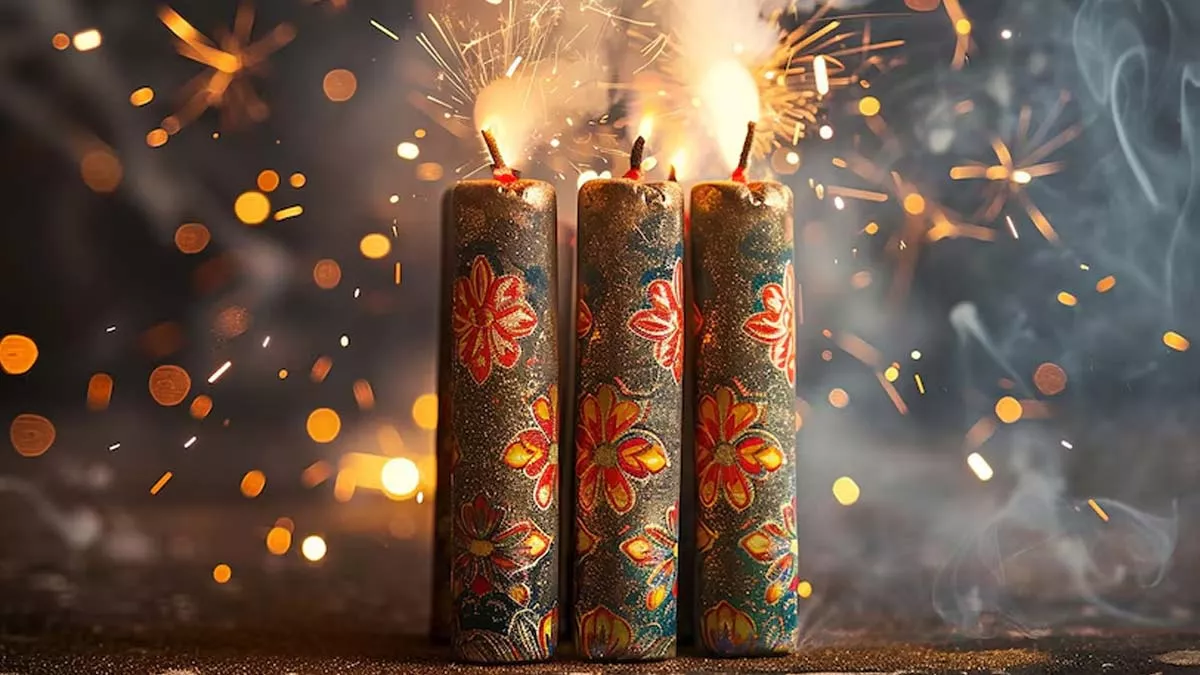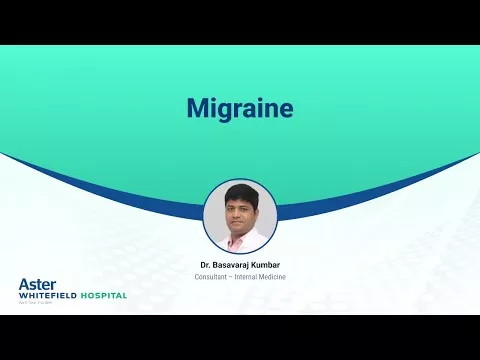Diwali brings joy, lights, and togetherness into Indian homes. It also brings along a set of challenges that often go unnoticed. Between the festive meals, loud fireworks, and heavy sweets, the heart [along with the lungs and digestive system] is often tested.
For those already managing lifestyle disorders or mild respiratory problems, this season requires special attention. A healthy Diwali is not about restriction. It is about balance, preparation, and informed decisions that allow your body to celebrate with you.
Why Diwali Needs a Health Check of Its Own
The rituals that define Diwali often involve late nights, high-calorie meals, and exposure to smoke. These factors may impact different people in different ways. Children and the elderly often face higher risks from smoke-induced respiratory problems.
People sensitive to noise may also experience fatigue or mood shifts from long hours of firecracker exposure. The use of earthen lamps along with incense and firecrackers [all in the same space] can quickly create a closed-loop of pollutants that settle into the lungs.
Meanwhile, sugar-laden sweets combined with heavy meals and alcohol during parties may overwhelm your digestive system. This can lead to bloating, acid reflux, or irregular bowel habits. These small events may appear harmless at first, but they often build up over the festive week to create a strong sense of physical discomfort. A few adjustments made early can keep your heart, gut, and lungs light during this season.
Keep Firecracker Exposure to a Minimum
Diwali nights tend to affect air quality at a regional level. If you or your child has asthma or allergy history, it is important to plan indoor time before the smoke settles. Close windows during peak cracker hours and avoid stepping out until the next morning. For added protection, use an air-purifying mask or a home purifier with a HEPA filter.
If the burning smell begins to irritate the chest or throat, you may be facing mild respiratory problems. Avoid home remedies without a diagnosis. Take the support of a qualified pulmonologist who can guide you through the right medication or oxygen-support routines when required.
Protect Your Ears from Loud Explosions
Loud crackers may seem entertaining to some, but they carry a high risk of hearing loss when exploded at close range. The risk is higher in children or senior family members with already weak hearing. The eardrum is sensitive to sudden shifts in air pressure. Firecrackers like bombs or sky shots often create sharp waves that travel directly to the inner ear.
If you experience ringing, pain, or blocked hearing after a burst, consult a doctor before the problem deepens. Avoid being in close range of explosive crackers. Watch displays from a distance and use cotton plugs if needed. Avoid bursting crackers in narrow lanes where the echo is stronger. This keeps your hearing sharp while still enjoying the festive feel.
Mindful Eating Keeps the Gut Calm
Meals made during Diwali tend to include oily starters, sweet drinks, and large portions served late in the evening. These meals can slow down digestion and leave you feeling heavy the next morning.
People with acidity, gallbladder issues, or irritable bowel conditions may find these meals difficult to manage. Try eating a small fruit or salad before going out to a party. This helps you control portions when facing a table full of sweets and savouries.
Stay Active to Support the Heart
Physical movement helps balance the load that festive meals place on the body. A short morning walk or a 15-minute yoga session is enough to support blood flow and reduce strain on the heart. Even playing a game with children or doing rangoli designs can keep the body in active motion.
Avoid sitting for long hours in one place, especially if you have a known heart condition. Use the opportunity to take small walks between family visits or evening functions. Hydration plays a key role, too. Carry water with you when stepping out, especially if you plan to attend cracker events where the air is dry.
Create a Low-Smoke, Low-Noise Diwali Zone at Home
Not all crackers are safe for all homes. Choose noiseless or green crackers if you wish to light a few. These carry less impact on both the lungs and the ears. Decorate your home with natural diyas and avoid long-burning incense that may irritate sinuses. If you have a senior family member facing mild respiratory problems, avoid closed rooms with multiple lamps and candles burning at once.
Ensure there is ventilation in areas where food is being fried or sweets are being cooked. Smoke from cooking oil may not be visible, but it still affects the airways over time. Children exposed to these environments may develop coughs that linger beyond the festival.
Let Festivity Come with Care
Celebrating Diwali does not have to mean ignoring your health; it simply means preparing your space, your food, and your routine with small but meaningful changes. If you notice breathlessness, chest tightness, or unusual noise sensitivity during Diwali, it is important to consult trusted medical experts immediately.
The team of experienced pulmonologists in India and top ENT doctors in India at Aster Hospital are available for complete diagnosis, treatment, and post-festival care for you and your loved ones.









